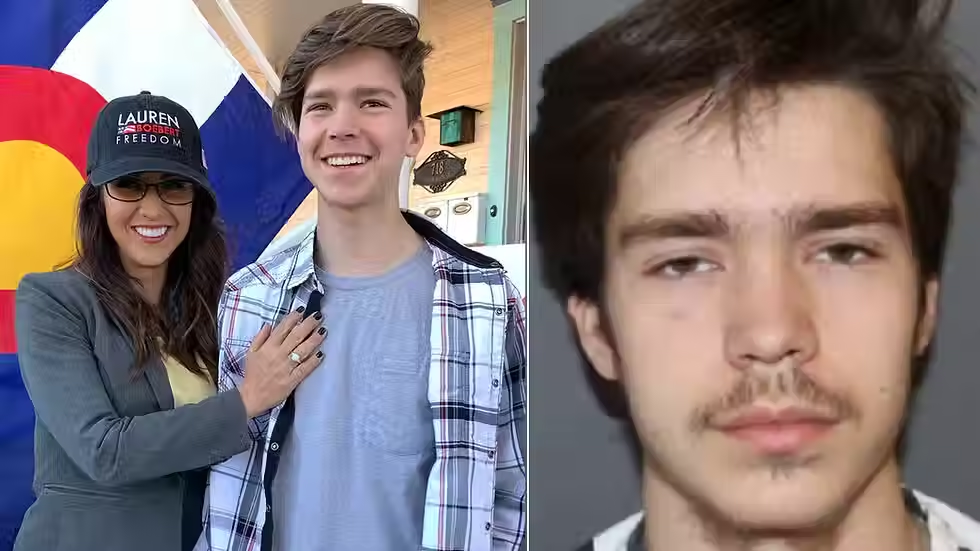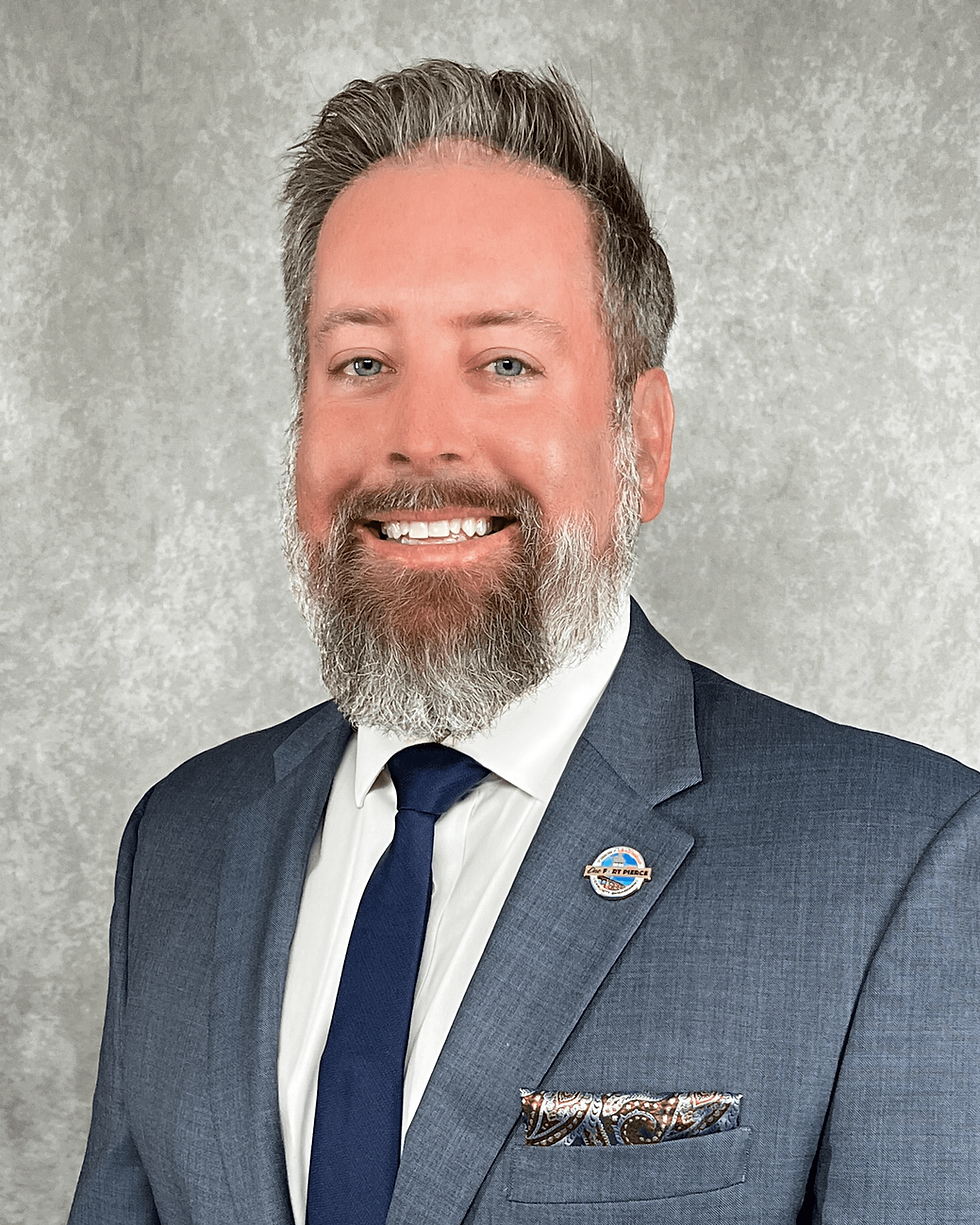It's Been a Long Week...
- Emily Maiden

- Apr 28, 2024
- 3 min read

On Thursday April 25, the Supreme Court held oral arguments on Donald Trump’s claims of absolute presidential immunity in the D.C. election interference case.
It should be self-evident that a former president can be held to account for alleged crimes committed while they were in office. Yet apparently the conservative Justices of the Supreme Court didn’t see it that way, strongly hinting through their questioning that they’d be inclined to grant immunity for so-called ‘official acts’, while not extending that same protection to ‘private acts’. The distinction between official and private/personal acts matters here, as it seems likely that the Justices will send the case back down to the lower courts, to sort through which acts described in the indictment were carried out by Trump in his personal capacity as candidate for office, rather than president of the United States. Should that happen, months of extra delay will accrue, and the case probably won’t reach trial before the end of the year, let alone before the election in November.
It could also significantly narrow the scope of the indictment, with aspects such as the defendant communicating with the Department of Justice classed as official business of the president. Justice Amy Coney Barrett did elicit an important concession from the lawyer for the former president, John Sauer, when she listed a number of acts described in the indictment and subsequent court filings, asking him point blank whether he agreed that they were private rather than official acts.
“I want to know if you agree or disagree about the characterization of these acts as private. ‘[Trump] turned to a private attorney; he was willing to spread knowingly false claims of election fraud to spearhead his challenges to the election results’. Private?”
“That sounds private”, Sauer conceded.
J. Michael Luttig, a former judge of the U.S. Court of Appeals for the Fourth Circuit, was one of the many legal commentators who expressed deep concern about the tone of the questioning, telling The New Republic that he was “profoundly disturbed about the apparent direction of the court…I now believe that it is unlikely that Trump will ever be tried for the crimes he committed in attempting to overturn the 2020 election.”
As oral arguments were taking place in D.C., the former president was himself in a courtroom in New York City, accused of 34 felony counts of falsifying business records in the first degree to cover up hush money payments in an attempt to influence the outcome of the 2016 election.
The first week of testimony didn’t go well for the ex-president, as the first witness, David Pecker, former publisher of The National Enquirer, appeared to substantiate a number of key prosecution arguments. He admitted to purchasing the rights to stories that could have damaged Trump’s 2016 election bid, for the purpose of propping up the campaign. The defense attempted to undermine his credibility on cross examination, but it’s the sordid details revealed on direct that linger in the mind and people in the courtroom reported that Mr. Pecker came across as a credible witness with no ax to grind.
Equally disastrous for Trump was the hearing on whether he’d violated the gag order, which took place on Tuesday morning. As his lead attorney, Todd Blanche, attempted to explain away Trump’s violations as pure political speech unrelated to the trial, Judge Juan Merchan pressed him for evidence that showed that the former president was indeed responding to political attacks. “Give me one. Give me one recent attack he was responding to.” Blanche couldn’t do so, instead stating “it’s just common sense, your honor”. Judge Merchan was clearly exasperated, uttering words no trial lawyer ever wants to hear: “Mr. Blanche, you’re losing all credibility, I have to tell you right now. You’re losing all credibility with the court”. Ouch.
In an ever-cascading slew of legal issues, Thursday also saw federal judge Lewis Kaplan uphold the verdict and $83 million judgement against Trump for defaming E. Jean Carroll. Over just one day, three courts across the country were dealing with Trump-related issues. It’s been a long week.








Comments